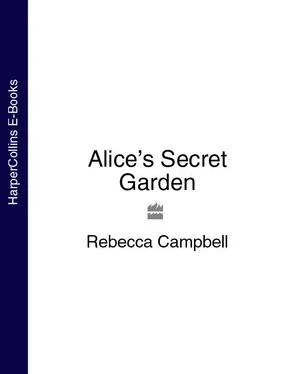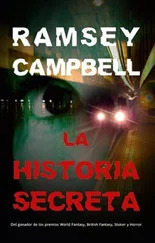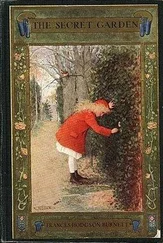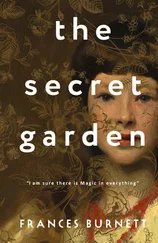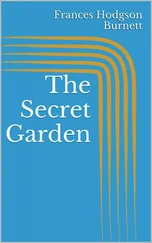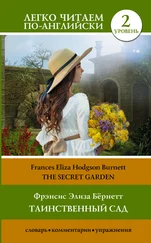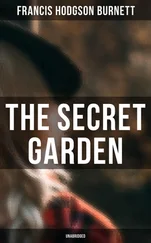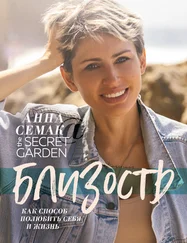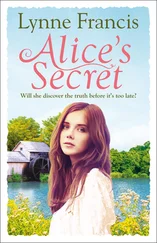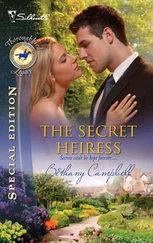‘Oh don’t worry, nobody does to begin with. Or sometimes ever. I can show you where the canteen is, and where to make tea, and where the bogs are. You’ll pick up everything else as you go. You’re our new Science and Natural History bod, aren’t you?’
‘Mm. I think they want me to do some Travel as well, but I don’t know much about that.’
‘Well, you’re not quite what I was expecting. Usually the … people on the Science side are … well, you know. I can help you a bit with the Travel.’
‘Is Travel your main responsibility?’
‘Yes, no. Well, I do everything, really. An expert generalist. Or a general expert. And, by the way, when Crumlish says “recently acquired”, he means I’ve been here for less than ten years, not that I joined last week.’
Andrew was losing his focus a little. Alice, although not quite beautiful, had the kind of face that made you want to look at it, that made you think that things would be all right, or at least a little better, if you spent another minute or so just looking. Andrew had to struggle hard against the urge to stare baldly at her. He broke loose by looking at her clothes. Most of the younger Enderby girls were Vogue perfect. Not Alice. He couldn’t quite put his finger on what was wrong, but he knew that either the right sort of directed intelligence, or the time, or the money was missing. It made him like her more by, in his own reckoning, about seven per cent. It also made him feel more comfortable: at least she wasn’t perfect like Ophelia, and soon they were chatting about nothing in particular, which was how most days were spent in the Books department.
And so Alice’s first day at Enderby’s had been only mildly traumatic and if she never did quite fit in, she at least, in those two months before she fell in love with the Dead Boy, found a place as one of those who were officially permitted not to fit in.
The same, alas, could not be said for Mr Crumlish who, for all his protestations, was not a Toff, but an Edinburgh council-estate boy, whose brilliance and taste had doomed him to alienation from his own people, and yet never quite achieved for him acceptance in the world to which he aspired, the world of the beautiful and the clever and the rich. Perhaps it was the name, Garnet, that had sealed his fate. His father, a merchant seaman, had brought one of the semi-precious stones back from a distant port for his wife, and she had so loved its profound crimson opacity that she had insisted that the unborn child should carry the name. Had he been a simple John, or Davey, or Robert, then a different life might have been his.
It was the Americans who insisted on his dismissal. They acted, of course, through Oakley, the Head of Books.
Oakley had been promoted from the documents basement, where he acted as a Cerberus to its Hades. No one in Books (or anywhere else in Enderby’s), with the exception of those unfortunate clericals who’d been forced to request a document from storage, had ever heard of Oakley. He had, however, one asset which, from the American perspective, set him aside from, or rather above, his more knowledgeable, refined, cultured, eloquent, sophisticated, amusing and able colleagues: a qualification in Business Studies. That qualification, vaguely defined as a ‘diploma’, had been awarded by the Llandudno Business School, an institution which usefully allowed itself to be abbreviated to the LBS, and thereby readily confused with other, possibly more august institutions. On his elevation to Head of Books, Oakley had become simultaneously more English and more American; the former accomplished by the rapid purchase of a pin-striped suit, and the latter by a studied replacement of the word ‘arse’ by ‘ass’ in his vocabulary. Alice would eventually come to agree with the general view of those who worked in Books that he was a fawning toady to those above him at Enderby’s and a ruthless tyrant to those below; a snob and a fool.
When asked, at his first monthly round-up, by the American management to give an appraisal of his ‘team’, Oakley had initially replied that they were all ‘top drawer’, which he hoped would reflect well on himself.
‘But what about that guy Crumlish?’ asked Madeleine Illkempt, aka The Slayer. ‘All he seems to do is file expenses claims and make inappropriate personal remarks. And to be frank, we don’t care at all what you people do in private but his kind of open … display in the work environment just isn’t efficient.’
‘Ah, Mr Crumlish,’ said Oakley, rapidly assessing what it was that The Slayer wanted to hear. ‘Well, I did feel it was my duty to … protect … to … but of course, yes, there have been one or two … problems.’ And if there weren’t, he knew how to go about manufacturing some.
And so Alice never got to call Mr Crumlish, Garnet. But she had liked him, and she never forgot that the Books department at Enderby’s auction house was made up of Toffs, Tarts and Swots, or that she was sui generis .
TWO
The Secret Garden of Alice Duclos
Alice was in the garden again. She looked back and saw the low arch and the little green door through which she must have entered. The garden was her special place. Its high brick wall kept out the wind and the world. Its paths wove complicated patterns, which, once deciphered, would tell her the answers to all of her questions. The roses, always in bud and never blooming, dwelt partly in the garden, and partly in fairytales, guarding princesses, holding the impure or the unwary forever in their gauzy tangles. At the heart of everything stood the dead stone fountain and the dark green pool.
She reached up and felt her father’s soft hands; felt with her fingertips for his smooth, clean nails. The sensation filled her with excitement and yet soothed her.
‘Daddy, can we go to the fish?’ she said, but she knew he would not answer. And then she was looking down through the shadows to where the long lazy goldfish slid and turned amid the darker green of the weeds. She could see the shape of her father reflected in the water, but the details were lost in the murk and silt.
‘Don’t the fish get cold, Daddy?’ she asked, but again she knew that there would be no answer. She looked up to where his face should have been, but the sky was pure white and dazzled her eyes after the darkness of the water. She would close her eyes in the dream to shut out the light and, as her dream eyes closed, so her waking eyes would open onto the world.
It was a dream, but not a dream. She could summon the vision when she was awake, sometimes as she lay in bed at night, sometimes as she sat and stared at the computer screen on her desk at work, and once in the garden she would try to drive the dream on to the point at which she would see her father’s face, and know him again. The dream was a dream of love and a dream of loss. But then so was the other dream. The dream of the Dead Boy.
The garden of Alice’s dream was a distillation of the many gardens of her early childhood. Her father, Francis Duclos, was a doctor, specialising in infectious diseases. The fever hospitals he moved between all had huge grounds, acres of parkland with great horse chestnut and yew trees and lines of dense privet. But the killers of the past: diphtheria, measles, scarlet fever, even TB, had vanished or been attenuated, and so the long wards and the open grounds and secret gardens were empty. Duclos found himself in a branch of medicine without a future, and yet for him it was the only medicine, the only life there could be. He wanted to grapple with the invisible enemy, to fire his magic bullets at the tenacious and merciless microbes.
Around the core of the dream-memory, other memories would form: less vividly hyper-real, perhaps, but more soundly based in hard, nuggety reality. She remembered collecting conkers for their beauty. There were no other children allowed in the grounds and so, but for the occasional foray over the wall by the local urchins, she had the trees and their fruit to herself. She could still remember the intense biscuity smell of the newly opened chestnut and its dark iridescence. Her father showed her how to twist off the shell, and would have taught her how to string them, and ready them for warfare, but she could not allow their irregular organic perfection to be destroyed by the awl. She remembered cutting her wrist when she and an older cousin, come from France for the holidays, broke a pane in the hospital greenhouse to plunder tomatoes. The cousin burst into tears at the sight of her blood, and Alice had to guide him home. She remembered her father making her wrist better, calmly sewing the edges of the cut together. She saw again the white fingers working the needle, and she remembered that she had not been afraid, but she forgot that she had cried from the pain. She remembered living in a big old house that was always cold. There were better memories of a room in the nurses’ home; memories of running through the long corridors pretending to be Tarzan (who, after all, would ever want to be Jane?) with a toy knife stuck in her green knickers.
Читать дальше
